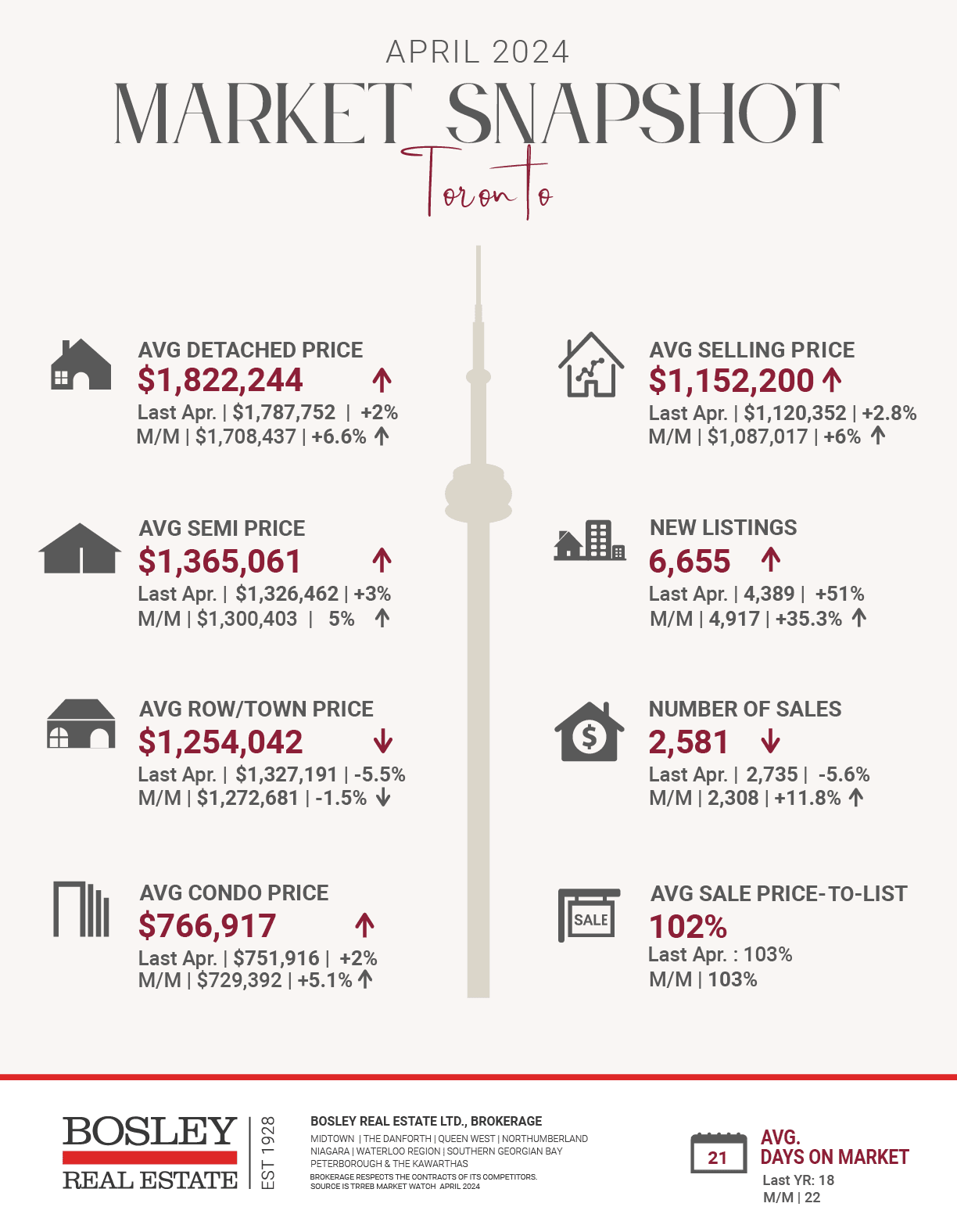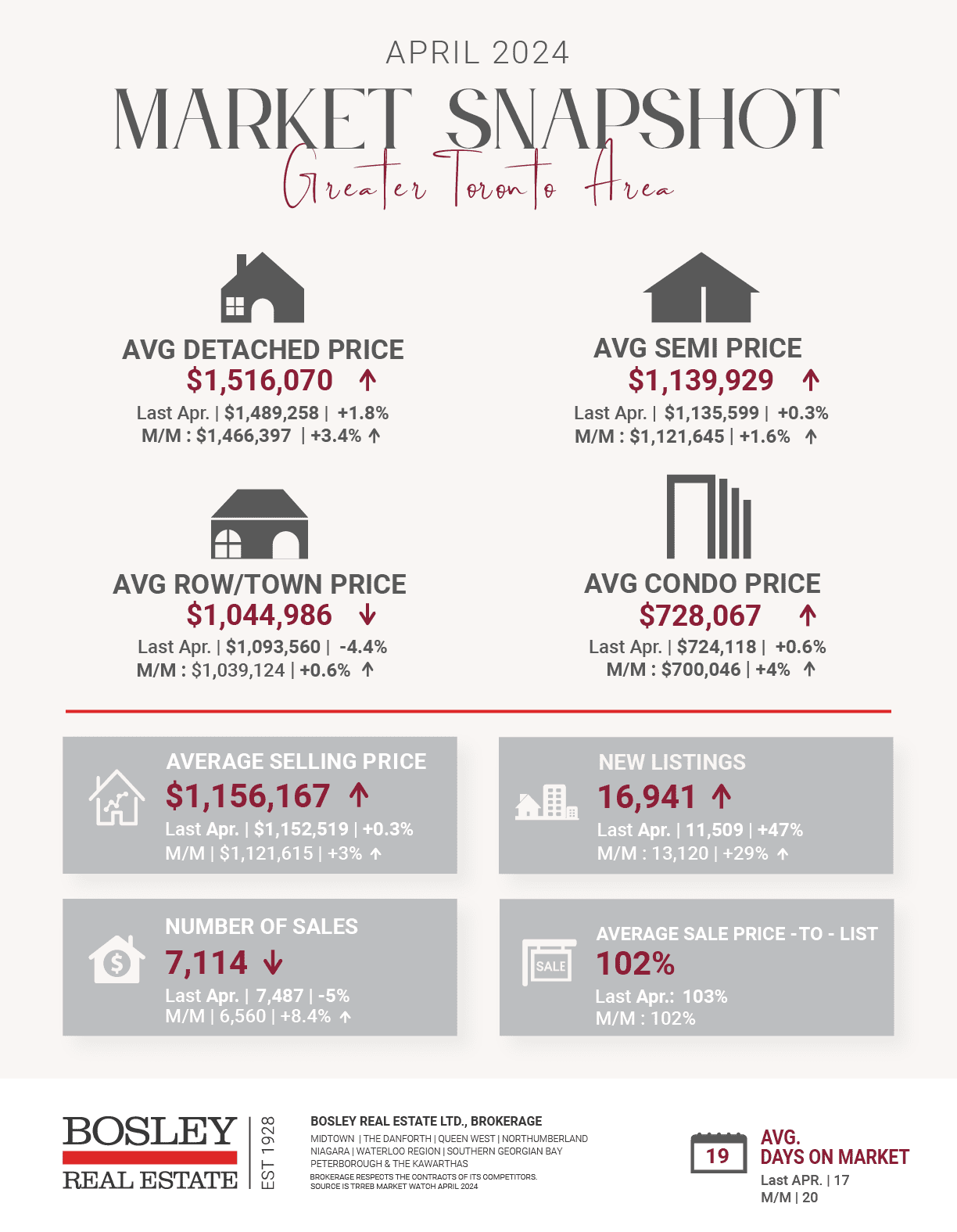


For those of you who read my Market Insight last Friday – “If a foreign landlord fails to pay taxes, the CRA can go after the tenant.” Things have changed.
The story attracted a lot of attention when it was released by the media, so now we have some welcome good news. The federal government has released a statement saying – “The federal government will not force tenants to pay unpaid taxes owed by their foreign landlords, the minister of national revenue confirmed Friday, after mounting confusion from renters caused by an “extremely rare” tax court decision.
In a statement released last Friday, Marie-Claude Bibeau, the national revenue minister, said tenants will not be on the hook for taxes owed by landlords who live outside of Canada’s borders. “I want to reassure Canadians that the Canada Revenue Agency (CRA) does not intend to collect any portion of any non-resident landlords’ unpaid taxes from individual tenants. It is incorrect to state otherwise,” she said in a statement.
The clarification comes after rising confusion caused by a 2023 Tax Court of Canada decision that saw a Montreal renter ordered by the CRA to pay six years’ worth of his foreign landlord’s taxes, alongside interest and penalties.
In her statement, Bibeau called the Montreal case an “extremely rare situation” and said the CRA does not expect individual tenants to withhold the 25 per cent of rent from tenants.
She said the tax law has existed for “nearly a century, and there is not a single instance of an assessment made to an individual tenant in the last decade.”
“I am working with my colleague, the Minister of Finance, to provide absolute clarity on the law and to ensure that tenants have the certainty they need and deserve,” Bibeau wrote, adding that she could assure Canadians “that it does not, and will not, apply to them.”
In a letter to Paul Calandra, Ontario’s minister of municipal affairs and housing, there was an example of one tenant who said the CRA had “directed” them to withhold 25 per of their rent and pay it to the revenue agency if their landlord lived outside Canada. The CRA is threatening to charge interest and issue fines if the tenant did not comply.
But when the tenant asked their landlord if they were a non-resident, the landlord wouldn’t say. The CRA, too, refused to say if the landlord in question was a nonresident, due to privacy reasons.
According to a letter, the landlord then threatened to evict the tenant if they withheld 25 per cent of their rent.
“No tenant should risk eviction for paying their foreign landlord’s tax bill. This is fundamentally unfair, and it is fundamentally un-Canadian.”
Here are the top 5 trending stories of the week:
- Inflation data ‘all clear’ for Bank of Canada interest rate cut in June, economists say
- “With inflation cooling to a three-year low in April, some economists are now all but guaranteeing that the first interest rate cut of the Bank of Canada‘s tightening cycle will come in June. day, Statistics Canada reported that Canada’s annual inflation rate fell to 2.7 per cent in April, down from 2.9 per cent a month prior.”
- “Fragmented” Industry Keeping Canada From Reaching Its Construction Capacity: CMHC | “In a perpetually under supplied housing market, the narrative across Canada is that we need to “get shovels in the ground” and build – now (or yesterday, frankly). However, this isn’t exactly resulting in a flurry of action and activity. The construction industry has had a rough road as of late, thanks to everything from supply chain issues and labour shortages, to sky-high interest rates. But restrictive regulations aren’t helping the situation for anyone.”
- Here’s how much you need to earn to buy a home in Toronto right now | “Although mortgage rates in Canada are starting to trend lower, there’s sadly little relief on the horizon for prospective homebuyers, as affordability conditions continued to worsen in most cities — including Toronto — throughout the month of April. The latest affordability analysis by Ratehub.ca paints a somber picture of the country’s current real estate market, finding that it became tougher to qualify for a mortgage in 10 out of 13 major markets in Canada last month due to rising home prices. “
- Canadians Fleeing Toronto & Vancouver Accelerated To A Record Pace: BMO | “Canadians fleeing major cities was supposed to be a temporary trend, but it’s accelerating at a breakneck speed. Net interprovincial migration, the balance of people who arrived and left provinces, accelerated in 2023. Economists at BMO are warning this trend was unusually strong in the country’s traditional economic hubs—Toronto, Vancouver, and Montreal. The bank attributes the unusually rapid flight to a number of reasons, but ultimately the biggest one is affordability. That issue is about to reshape these cities, and Canada’s economy.”
- “Calm is Good” In Canada’s Housing Market: BMO | “A rare sense of calm is the name of the game as we move into Canada’s spring selling season. While the season is typically a busy one – perhaps even described as chaotic in the not-too-distant past (i.e. pandemic times) – the Canadian real estate industry appears to be in a place of rest. But – as Douglas Porter, Chief Economist and Managing Director of Economics at BMO Economics, highlights in a new report – the “calm” is not necessarily a bad thing. This is especially true for first-time homebuyers who, in a climate of sky-high interest rates, are looking for some relief on the price front.”

The Bosley Advantage
Read about the heritage and innovation that form the foundation for Bosley’s industry-leading approach to real estate.







